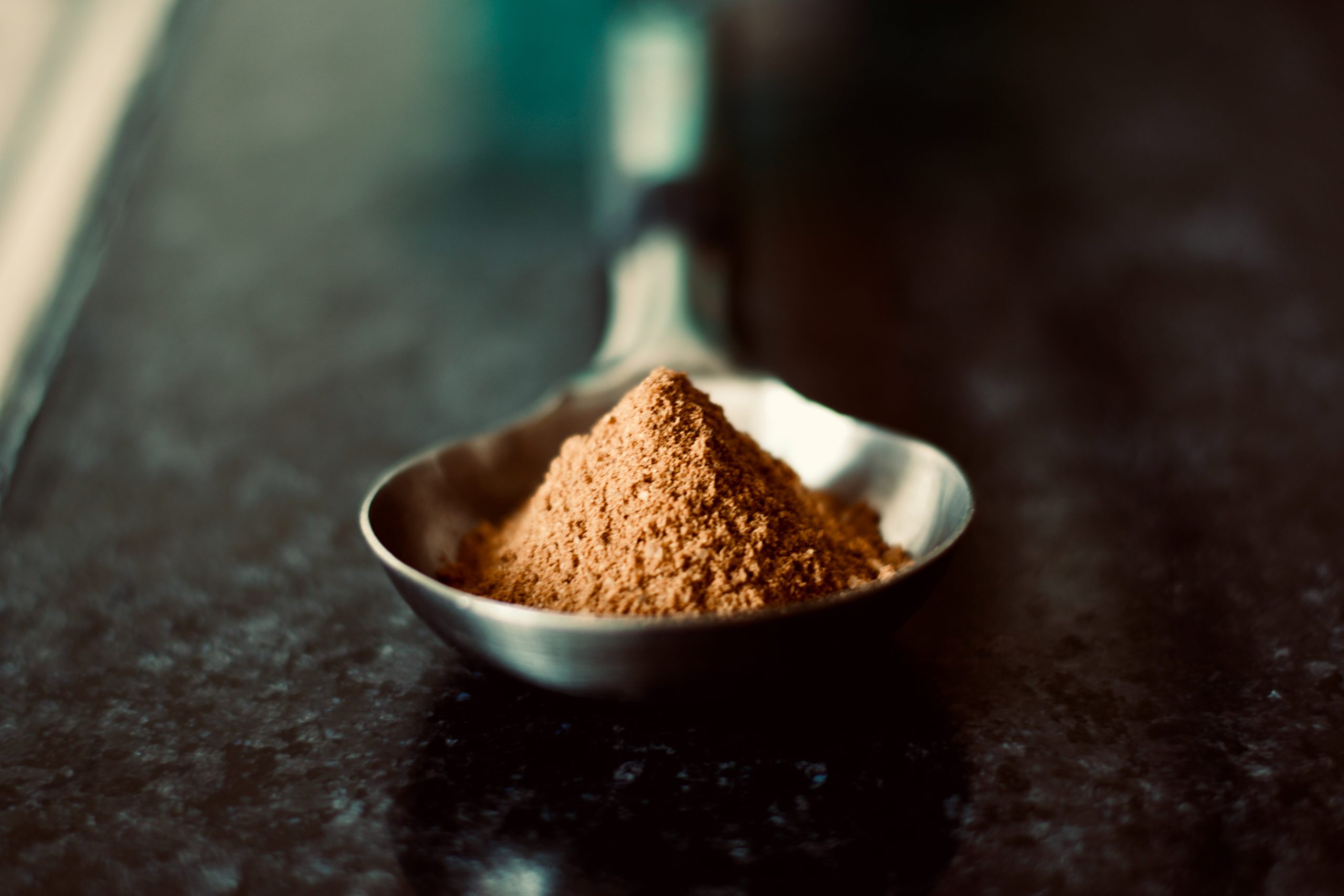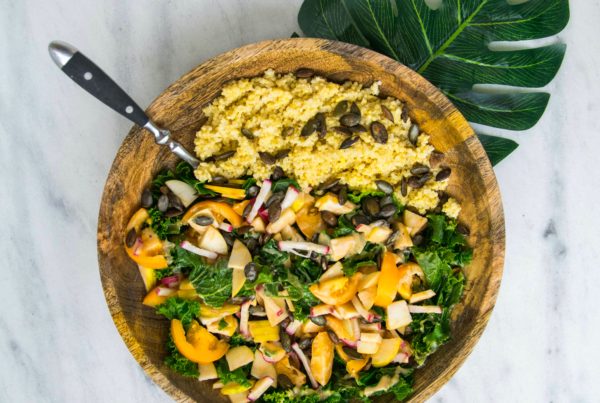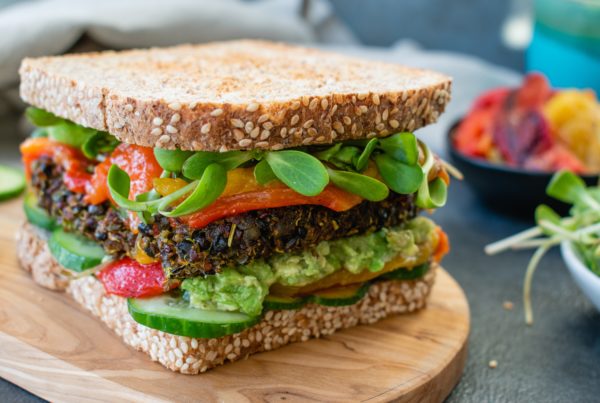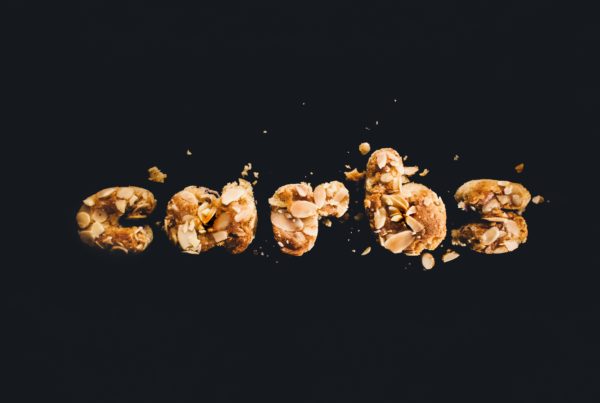As people are continuing their fitness journeys throughout the summer, protein powder is one common sports supplement that has been gaining popularity. Protein powder is a source of protein that has been highly concentrated and turned into a powder. These protein powders can be made from several sources such as dairy, peas, and egg to name a few. There are several forms of protein powder on the market, below are some tips to choosing a protein powder that is right for you!
To start, let’s talk about some various forms of protein powder that are commonly found.
Whey Protein
- Whey is the liquid that is left from the cheesemaking process and contains dairy
- Whey protein also contains lactose, and may not be suitable for those that are lactose intolerant
- However, the isolate form contains less lactose and may be okay for those who are sensitive
- Whey protein is a high quality protein, and is easily and quickly digested and absorbed making it a great post-workout drink.
Casein protein
- Casein is another protein that is found in dairy and helps with the formation of curds during cheesemaking
- Casein differs from whey protein as it forms curds during digestion, which will slow down your body’s digestion and absorption
- This allows your body to release amino acids (the building blocks of proteins) much slower
- Casein protein may be better for repairing muscle during sleep and can help keep you full
Egg protein
- Egg protein is a great source of protein that typically is derived from egg whites
- Egg protein is a complete source of protein, and contains many easily-digestible amino acids
- Egg protein may be a good choice for protein for those who are allergic to dairy or sensitive to dairy
Soy Protein
- Soy protein is derived from soy, which is a high quality protein with all essential amino acids
- Soy protein is a great source of protein for those who do not eat animal products or who may have egg/dairy allergies
- Since soy protein has all essential amino acids, it can help with muscle repair and building
Pea Protein
- Pea protein is typically made from yellow split peas and is rich in the majority of the amino acids
- Pea protein is a great source of protein for those who do not eat animal products or who may have egg/dairy allergies
- Pea protein has shown promise to help satiety and muscle repair/growth
Hemp Protein
- Hemp protein is made from hemp seeds, which has been shown to contain all essential amino acids
- Hemp protein is another protein powder that is suitable for those who do not eat animal products or with egg/ dairy allergies
- Hemp protein has shown to be full of fiber and rich in minerals and antioxidants, helping to keep you full
Plant proteins
- Some forms of protein powder contain several different plant sources such as pea, hemp, chia, quinoa and brown rice
- These forms of proteins are a nice way to ensure a varied amount of amino acids, and may be easier to digest for some people (especially if enzymes have been added)
- Mixed plant proteins are often higher in fiber, and can help slow down digestion.
Things to look for in a protein powder
- Ensure that the protein powder you are using is suitable for your dietary preference and restrictions
- Check to see if your protein powder has been tested by a third-party
- Check the ingredient list and try to choose a protein powder with the least amount of additives and sugar
- Choose a protein powder that is within your budget and that you enjoy!
All in all, it is important to remember that protein from food sources is still the best way to obtain your protein, but if you are someone who works out a lot, looking into a protein supplement may be beneficial. Choosing a protein powder that works for you and that you enjoy can take a bit of time, but don’t be afraid to reach out for help and contact a Registered Dietitian!



